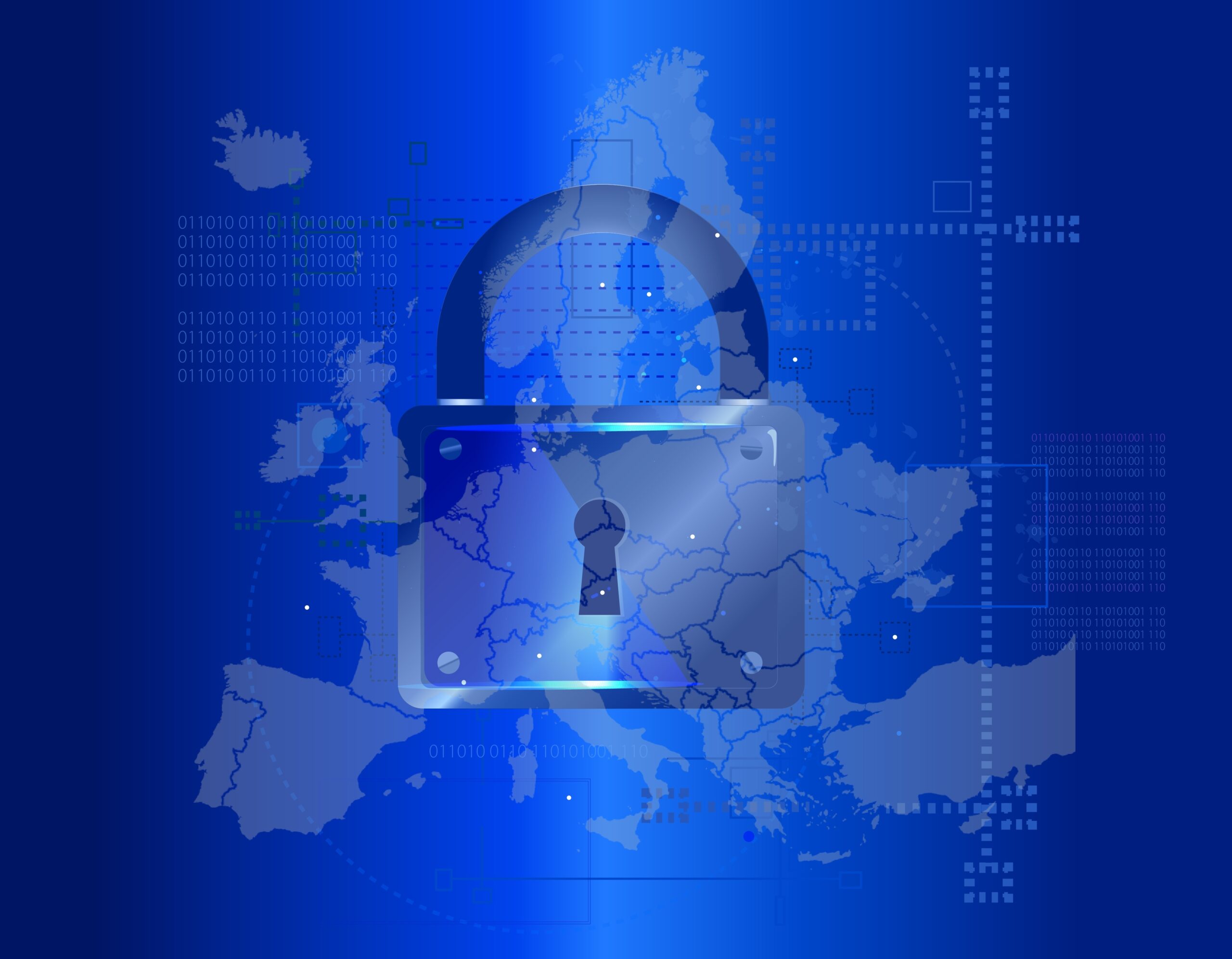Disrupt Me, Maybe?
The New York Times had an article this week on the ubiquitous song “Call Me Maybe.” Ben Sisario explained how “how much the hitmaking machine, as well as the music industry itself, has been upended by social media.” He demonstrated how critical the Internet —particularly YouTube—was to the song becoming popular. The other major catalyst was Twitter, in large part a tweet from Justin Bieber. Sisario also explained how “Mr. Bieber’s role in popularizing the song reflects the importance of both social media and old-fashioned celebrity promotion.” (Side note: Can anyone read “Mr. Bieber” with a straight face?)
The New York Times even tweeted the article in a wonderful, cheeky way:
If you don’t read this
@sisario article on “Call Me Maybe” you’ll miss it so bad. So, so bad. nyti.ms/R0h7d1— The New York Times (@nytimes) August 22, 2012
In addition to this organic marketing of the song, it became popular to cover or lip-sync the song, including by celebrities. The article mentions some of the most popular, including: lip-sync videos from Justin Bieber, Katy Perry, and the US Olympics swim team; the “Share It, Maybe” Cookie Monster parody; and the mashup using Barack Obama video clips. Fans are encouraged to submit YouTube clips of their covers through Carly Rae Jepsen’s Official Call Me Maybe Fan Video Blog. (In fact, I’ve even recorded a cover; it’s posted on my SoundCloud page.) The fact that Jepsen (and her lawyers) did not attempt to enforce her copyright, but rather encouraged these unlicensed reproductions and derivative works, is something more artists should emulate.
All of this shows how much the Internet has disrupted the traditional way that hits are made. The record labels are no longer the only ones with control, and that is a great thing for artists, fans, and the labels themselves. Who knows if we would have had the pleasure of this massive hit from the singer who came in third place on Canadian Idol without Justin Bieber tweeting a YouTube video lip-syncing to it? As I’ve explained before, the Internet is awesome for music. So more of this, maybe?








